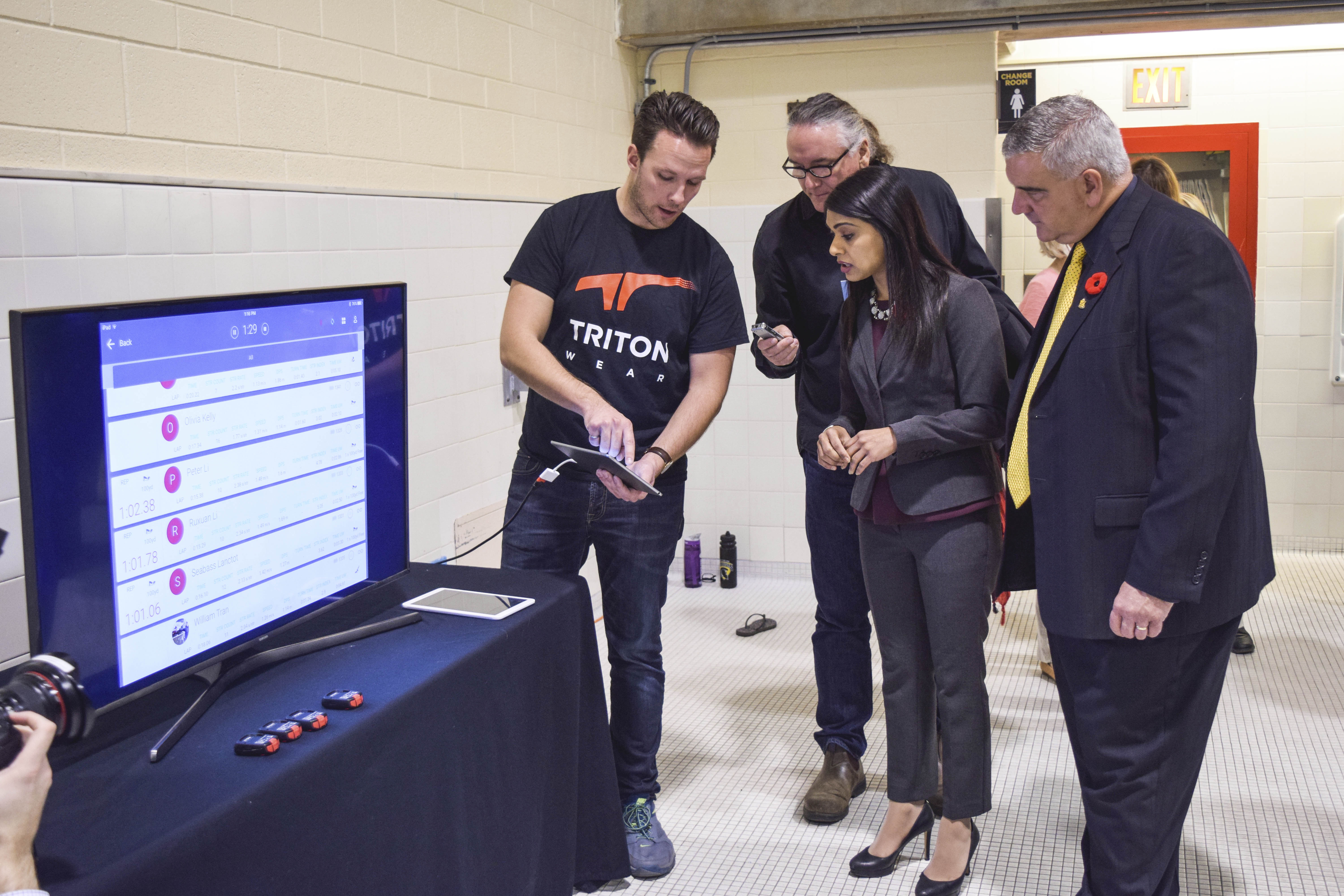This week, instead of looking at an industry, we’re going to get personal with a tech company profile. Patreon is a San Francisco web start-up founded by YouTube artist Jack Conte and his first-year college roommate, software engineer and serial entrepreneur Sam Yam. The site is a subscription crowdfunding platform for the arts, which means that instead of funding a creator’s individual project with a one-time contribution, you agree to pay for every piece of content they release. I sat down with Cole Palmer, the company’s “senior inspirational quote strategist” (aka creator and user relations manager) to dig a little deeper into what Patreon is doing.
Patreon is built on a simple premise; people appreciate and are willing to pay for good content. “It’s a value for value proposition,” Palmer explains, “The value that I get from watching some of my favourite YouTube creators or listening to my favourite podcasts is something that is worth money to me.” Creators pour their finances, time, and energy into their content and platforms like YouTube, Spotify and Soundcloud often don’t reward that. Conte founded the company after being consistently frustrated by the $100 checks he received for YouTube videos that were garnering a million plus views.
Patreon was built for creators. The company’s goal is to open up a steady stream of revenue for artists so they can spend less time worrying about money and more time creating. This also pays off for the creators’ communities. “It’s a win-win system” Palmer said, “the artist can be free of creative constraint, be it a brand or an ad or something along those lines, and then the fans win as well because they don’t have to be exposed to content that might not be exactly what the creator wants to be creating, what they fell in love with in the first place.”
The Patreon model creates a cycle where fans pay to support artists, who get more time to create art, who therefore produce better content. In turn this incentivizes more patrons to contribute. Fans have funded tours, music videos, web comics, cooking shows, a capella YouTube artists, and much more.
From a business perspective, Patreon is monetizing existing online distribution channels and their approach is working. In September, a year and a half after they first launched, patrons paid over $1.3 million to the approximately 40,000 creators on the platform and in June the company raised a staggering $15 million in series A funding from a prestigious team of enthusiastic investors including Reddit co-founder Alexis Ohanian.
A big reason that Patreon has been so successful is that they allow artists to connect with their biggest fans in a way that has previously been hard to do. “Patreon adds a lot of value in engagement and being able to cultivate a strong relationship with the top one per cent of your fan base” Palmer said. This not only means that each patron has a larger impact on the artist than they would otherwise but also allows creators to produce content for niche groups that would be too small to support them financially without Patreon. The diversity and range of talent on the site is a testament to this idea. Patreon hosts everyone from amateur photographers to recording artists signed by major labels. It’s allowing artists at all levels to benefit from a consistent income stream.
In the long term Palmer hopes that Patreon will re-define how people view artists and put value back into content. He says that going forward they plan on giving artists better tools to more effectively interact and engage with their fan base.
I asked Palmer what advice he would give to new artists who want to use Patreon, and his answer was simple: the most important thing is to figure out what you love doing and continue to do it on a regular basis. People will notice. This is an excellent example of how software can empower people, better distribute wealth and properly value creative talent. The arts industries still have a long way to go before they become stable again, but Patreon and companies like it are a refreshing change to the turmoil of “disruption” that typically plagues creators.






























